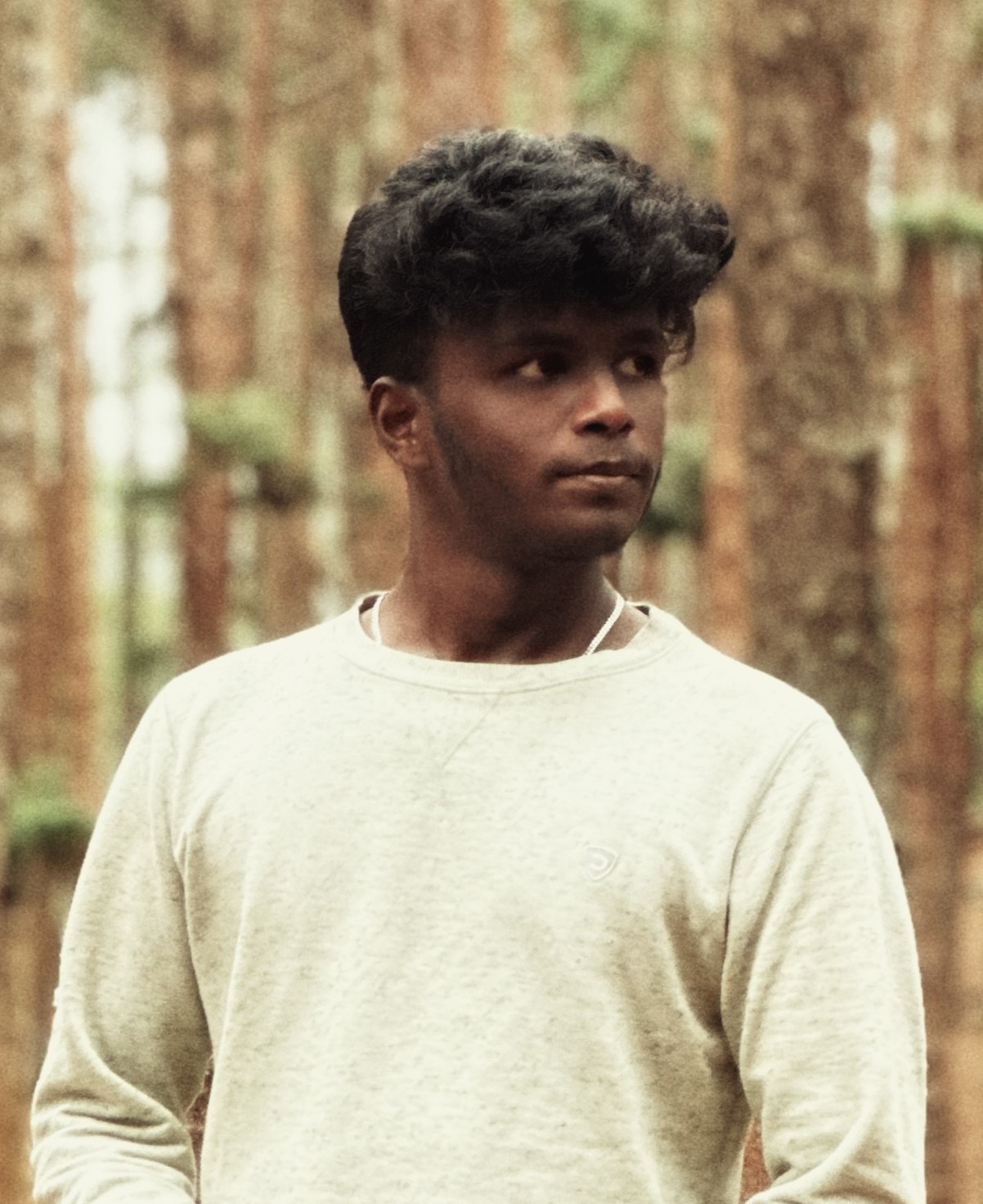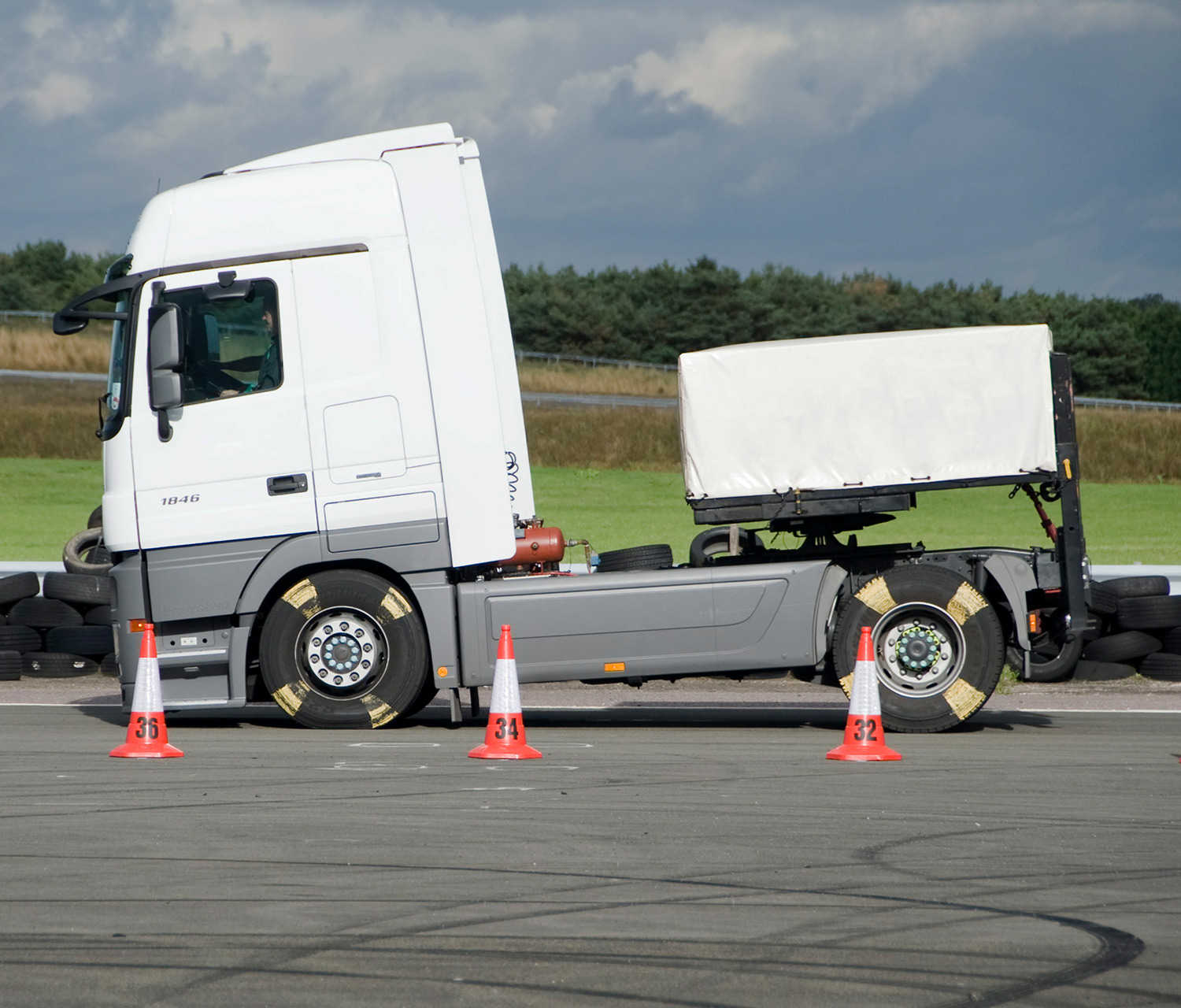It’s a funny thing, isn’t it, how we often see people who make us laugh as always being full of cheer? There is this idea that someone who stands on a stage, telling jokes and getting big reactions, must always be in a good mood. But, you know, that’s not really how things work for anyone, even for those who bring joy to many. People who perform, especially those who share bits of themselves for a living, can have hard times just like anyone else, and sometimes, those hard times can feel very, very big.
The public persona, the one that shines under the bright lights, is often just a part of the whole person. We see the polished act, the quick wit, the seemingly endless supply of funny stories. What we don't often see is the quiet moments, the effort it takes to create that laughter, or the feelings that come with putting yourself out there, night after night. So, when a person whose job is to make us smile seems to be struggling, it can feel a bit surprising, perhaps even a little confusing, for those watching.
This piece is about looking at what might happen when a comedian, a person who spends their days trying to find the humor in life, finds themselves facing a moment where the jokes just aren't coming as easily, or when the weight of their world starts to show. It's about recognizing that even the funniest among us can experience moments of deep personal challenge. In a way, it’s about seeing the person, not just the performance, and understanding that everyone has their own set of feelings to deal with, even when they are trying to make others happy, honestly.
Table of Contents
- The Person Behind the Punchline
- What Does a Comedian Breaking Down Really Look Like?
- The Weight of Expectation
- Is Laughter Always the Best Medicine for a Comedian Breaking Down?
- Signs Things Are Getting Tough
- How Do Comedians Cope When They Are Breaking Down?
- Finding a Way Through
- What Happens After a Comedian Breaking Down Moment?
The Person Behind the Punchline
Every person who stands up to tell jokes has a life beyond the stage. They have thoughts, feelings, and experiences that shape who they are and what they talk about. For many, their act comes from their own life, from the things they see and do, and from the people they meet. This can be a really powerful way to connect with an audience, as it feels genuine and real. But it also means that when life gets tough, it can be hard to separate the person from the performer, you know?
Think about it: a comedian spends so much time looking at the world, trying to find the funny parts, even in things that are a bit serious or even sad. This way of seeing things can be a sort of shield, a way to deal with life's bumps. However, it also means they are constantly taking in what is happening around them, processing it, and trying to turn it into something light. This process, while it can be very creative, can also be a little bit tiring, especially if the things they are processing are personal struggles.
The audience sees the finished product, the laughter and the good times. They don't always see the hours spent writing, rewriting, and testing jokes in small, quiet rooms. They don't see the times when a joke doesn't land, or when a crowd isn't quite with them. These moments, while a normal part of any job, can add up, and for someone who relies on audience reaction, they can feel pretty significant. So, there is a lot more to it than just getting up there and being funny, that’s for sure.
What Does a Comedian Breaking Down Really Look Like?
When we talk about a person who makes us laugh having a difficult time, it doesn't always mean big, dramatic scenes. Sometimes, it can show up in smaller ways, like a change in their usual energy on stage. Perhaps their jokes don't quite hit the mark, or they seem a little less present than before. It might be a general sense of weariness that starts to show through the usual cheerful front. It could also mean they are not performing as often, or they might cancel shows without much explanation.
It could also be a change in the kind of material they present. Maybe their jokes become more about personal struggles, or they might seem a bit more raw than before. This isn't always a bad thing, as many comedians use their own experiences to create powerful and moving comedy. But sometimes, it can be a sign that they are working through something big. It’s almost like their work becomes a way to process what is happening inside, which can be a very intense thing to watch, and really, to do.
In other cases, a comedian breaking down might mean they step away from the public eye for a bit. They might need time to themselves, away from the constant pressure of performing and being "on." This sort of break can be very important for getting back to a place of balance. It's a way of saying, "I need to take care of myself right now," which is something everyone needs to do from time to time, you know, for their own well-being.
The Weight of Expectation
People who entertain us often carry a lot of expectations. The audience expects to laugh, and promoters expect a good show. This can create a constant pressure to deliver, to always be funny, always be engaging. For a comedian, this pressure is a part of the job, but it can become very heavy, especially when they are already feeling low. The idea that you have to be the source of joy for others, even when you are not feeling it yourself, can be quite a burden.
There is also the expectation that comes from within. Many comedians are driven by a strong desire to connect, to share their view of the world, and to get that immediate reaction from a crowd. When that connection feels off, or when they feel like they are not meeting their own standards, it can be very disheartening. It’s a bit like a chef who loves to cook but suddenly finds their food isn't tasting quite right; it affects their whole sense of purpose, in some respects.
The life of a comedian can also be quite solitary at times. While they are surrounded by people during a show, the creative process often happens alone. The travel, the late nights, and the constant search for new material can lead to a sense of being on their own. This isolation, combined with the pressure to always be funny, can make it hard to reach out for help when things get tough. It's a unique kind of work, and it comes with its own set of challenges, naturally.
Is Laughter Always the Best Medicine for a Comedian Breaking Down?
We often hear that laughter is the best medicine, and for many people, it certainly can be a powerful tool for feeling better. For someone who makes a living creating laughter, though, it's a bit more complicated. While making others laugh can bring a sense of purpose and connection, it doesn't always fix what's going on inside. It's like a doctor who can heal others but still gets sick themselves; their skill doesn't make them immune to life's difficulties.
Sometimes, the act of performing, of putting on a happy face, can actually make things harder. It can feel like wearing a mask, hiding what's really going on. This can be very tiring and can prevent a person from dealing with their true feelings. It’s one thing to use humor as a way to cope in your own life, but it’s quite another when your job requires you to do it, even when you are feeling very, very low.
So, while laughter is wonderful and important, it might not be the complete answer for a comedian who is having a difficult time. They might need other kinds of support, other ways to heal, beyond just getting up on stage and trying to make people chuckle. It’s about finding what truly helps them, which might not be more jokes, but rather a quiet space to process things, you know, or maybe just some time away from the spotlight.
Signs Things Are Getting Tough
It can be hard to spot when someone, especially a public figure, is having a difficult time. But there are often little clues that things are not quite right. For a comedian, this might show up in their work, as mentioned before. Maybe their usual sharp timing seems a bit off, or their jokes feel a little less polished. They might seem more withdrawn during interviews or public appearances, or their energy might just be lower than what people are used to seeing.
Beyond the stage, there might be changes in their personal life that become noticeable. Perhaps they are less active on social media, or their friends and colleagues might mention that they seem quieter or more distant. These are often subtle shifts, not always big, obvious signs. It’s a bit like when a plant starts to droop; it’s not always a sudden change, but a slow wilting that tells you something isn’t quite right with it, basically.
Sometimes, a comedian might even talk about their struggles, either directly or through their material. This can be a brave step, a way of reaching out and letting people know what they are going through. When this happens, it’s a clear signal that they are facing something big, and it’s a moment to offer support and understanding rather than judgment. It takes a lot of courage to share those kinds of feelings, honestly.
How Do Comedians Cope When They Are Breaking Down?
When a comedian finds themselves in a difficult spot, they might try different ways to get through it. Some might turn to their close friends and family for support, talking about what they are feeling. Others might find comfort in creative pursuits outside of comedy, like writing, painting, or playing music. These activities can offer a different kind of outlet, a way to express themselves without the pressure of having to be funny.
Many also find help in professional support, like talking to someone who can guide them through their feelings. This can be a very helpful step, providing a safe space to explore what’s happening without judgment. It’s a way of getting tools and strategies to manage difficult emotions and find a path forward. It’s really about getting the kind of help that fits what they need at that moment, which is different for everyone, you know.
Some might also take a break from performing. Stepping away from the spotlight, even for a short time, can allow them to rest, recharge, and get some perspective. This time off can be very important for their well-being, giving them space to heal without the constant demand of being a public figure. It’s about giving themselves permission to not be "on" all the time, which is a big thing for someone in their line of work, too it's almost.
Finding a Way Through
The path through a difficult time is different for everyone, and for a comedian, it might involve a mix of things. It could mean taking a step back from the stage, focusing on personal health, or finding new ways to express their creativity. The goal is often to find a sense of balance again, to reconnect with the parts of themselves that bring them joy, both on and off the stage. It’s about rebuilding their strength, piece by piece.
Sometimes, this process can lead to new kinds of comedy, material that is more open and honest about their experiences. Many comedians have found a way to turn their personal struggles into powerful and relatable performances, showing others that it's okay to talk about difficult things. This can be a very brave and inspiring thing to do, turning something hard into something that helps others feel less alone. It’s a way of using their platform for something more than just laughs, in a way.
The support of their community, both fellow performers and fans, can also play a big part. Knowing that people care and understand can make a huge difference. It’s about creating a space where it’s okay to not be okay, and where help is available. This sense of connection can be a powerful force in helping someone get back on their feet. It’s a reminder that even when things feel very, very heavy, there are people who care, basically.
What Happens After a Comedian Breaking Down Moment?
After a period of difficulty, a comedian might return to the stage with a new outlook, a deeper understanding of themselves, and perhaps even new material. They might approach their work with a fresh perspective, having learned valuable lessons about self-care and resilience. This doesn't mean they won't face challenges again, but they might have better tools to handle them. It’s about growing through what they go through, you know?
For some, a difficult period might lead to a complete change in direction. They might decide to pursue other passions, or to use their voice in different ways. This is also a valid outcome, as personal well-being is always more important than any career path. It’s about finding what truly makes them feel whole, whether that’s on stage or in a completely different setting. Sometimes, a big change is exactly what a person needs, as a matter of fact.
Ultimately, what happens after a comedian breaking down moment is a very personal journey. It’s about healing, learning, and finding a way to move forward that feels right for them. It’s a reminder that everyone, no matter how much they make us laugh, is a human being with a full range of feelings and experiences, and that kindness and understanding are always important.
This article has explored the idea of a comedian facing difficult times, looking at what that might involve, the pressures they face, how they might cope, and what the path forward could look like. It’s a reminder that behind every laugh, there's a person with their own story.
Detail Author:
- Name : Nina Towne PhD
- Username : adelle65
- Email : johnny.spinka@hotmail.com
- Birthdate : 1999-03-04
- Address : 4790 Ricky Spur Apt. 670 Paytonton, MT 71618
- Phone : +1-484-974-3458
- Company : Heaney-Lemke
- Job : Environmental Science Technician
- Bio : Provident vel sunt odio. Officiis est facilis blanditiis rerum necessitatibus qui. Mollitia accusamus quia natus incidunt.
Socials
instagram:
- url : https://instagram.com/tyreselind
- username : tyreselind
- bio : Iusto molestias repudiandae ex officia dignissimos facilis. Inventore sunt non eveniet soluta.
- followers : 1591
- following : 2527
facebook:
- url : https://facebook.com/tyrese2947
- username : tyrese2947
- bio : Aut ut vel placeat aliquam. Qui placeat dolore ad.
- followers : 1936
- following : 1100
tiktok:
- url : https://tiktok.com/@tyrese.lind
- username : tyrese.lind
- bio : Quis cum quo magnam ipsa sapiente. Est ab ea in aliquam rem.
- followers : 2962
- following : 2729
linkedin:
- url : https://linkedin.com/in/tyrese_xx
- username : tyrese_xx
- bio : Mollitia distinctio molestiae iste voluptatem.
- followers : 1361
- following : 813


